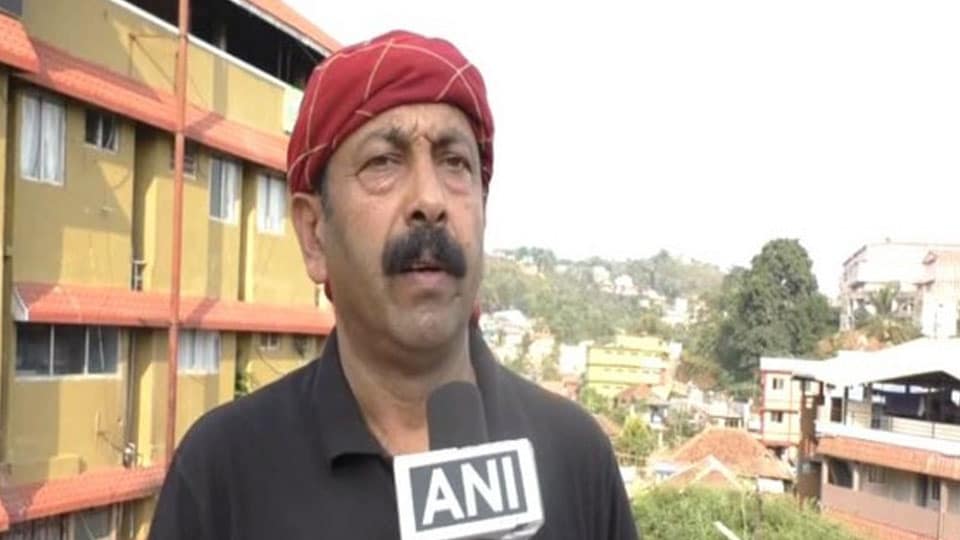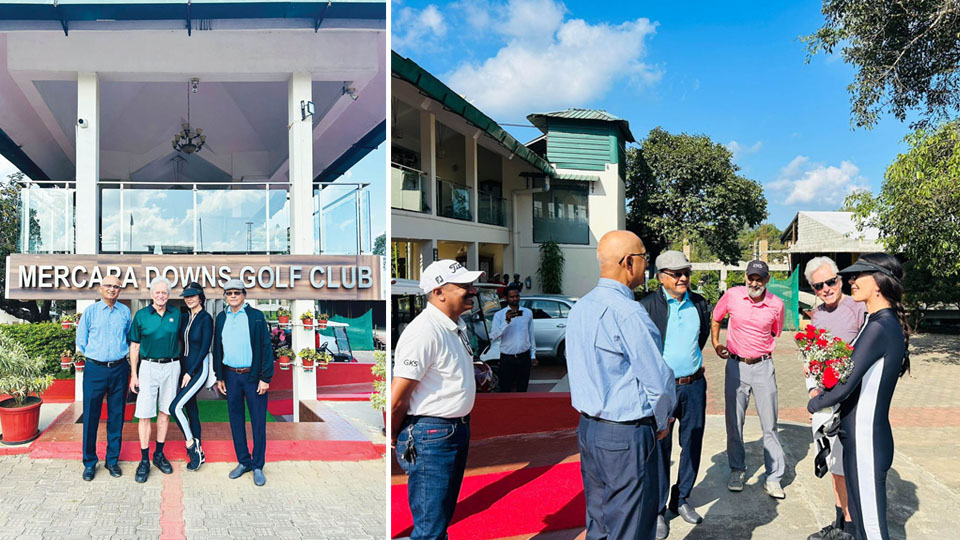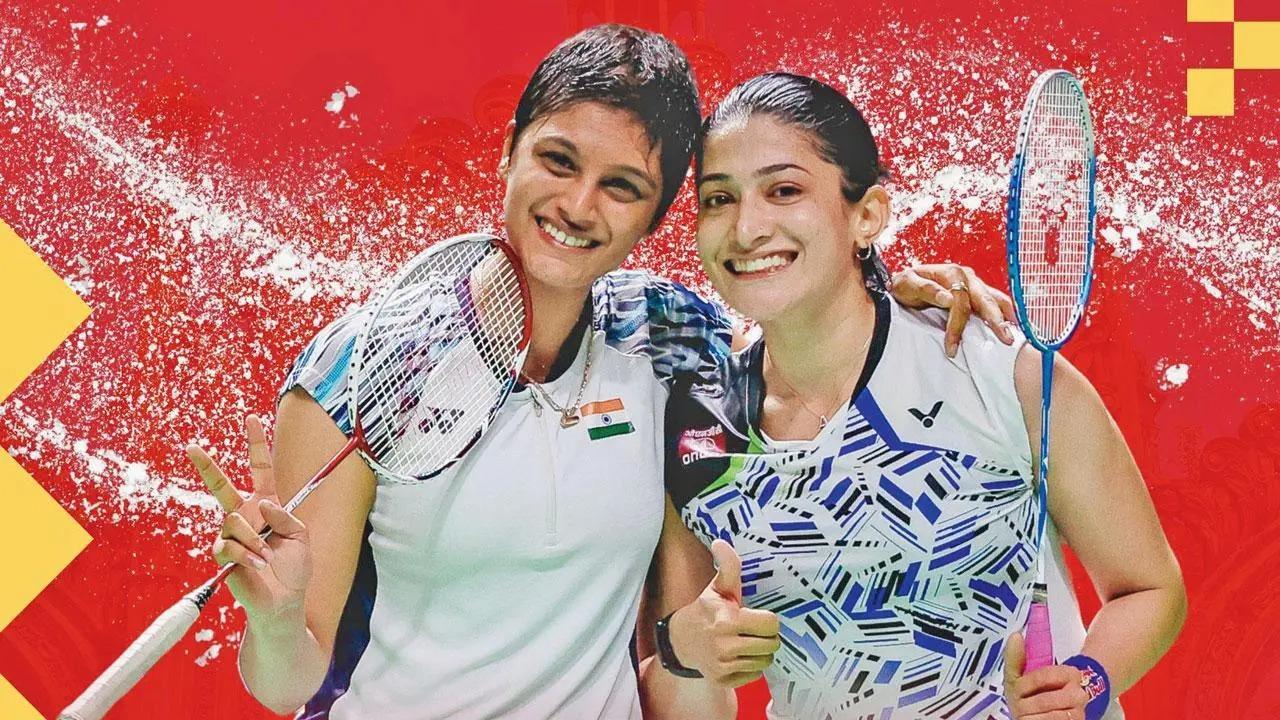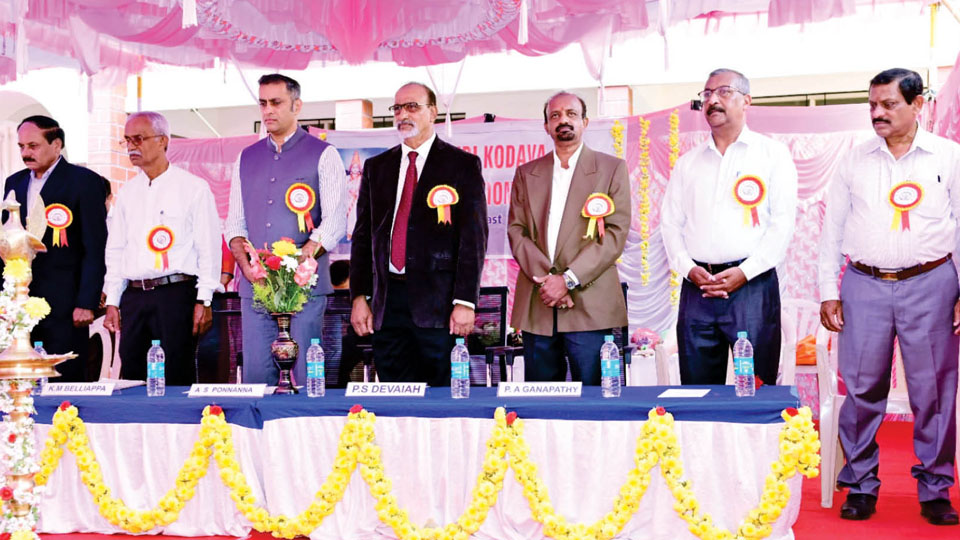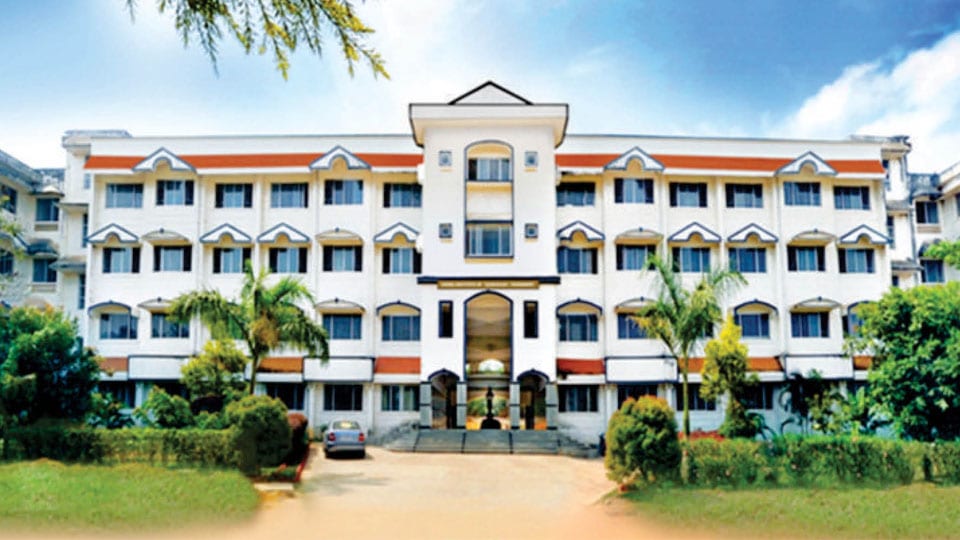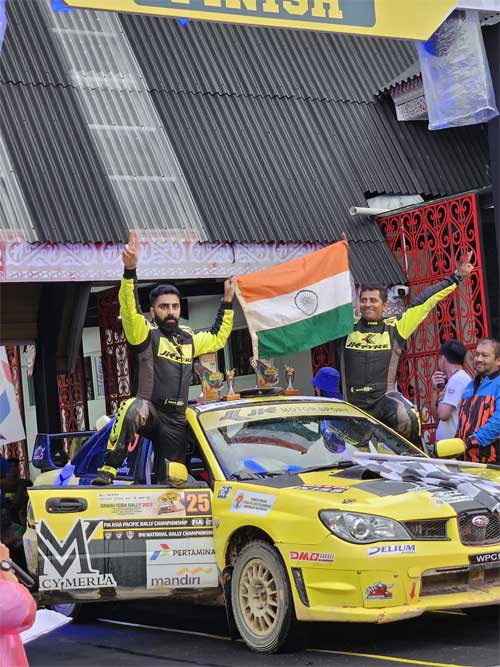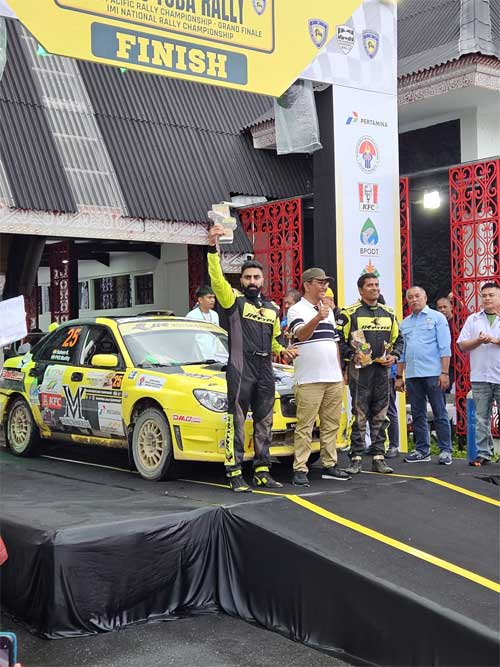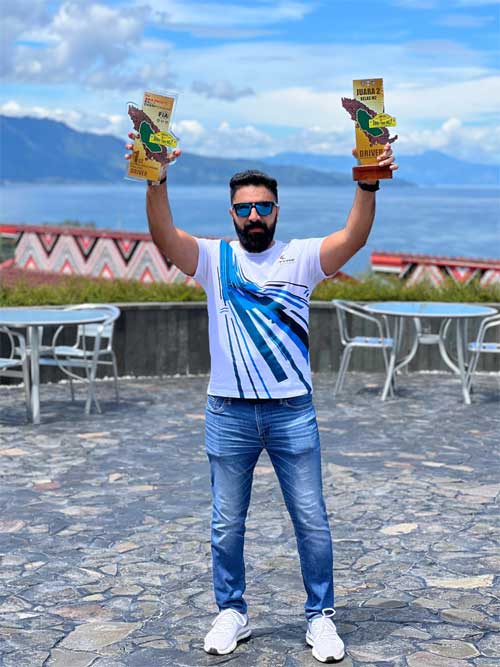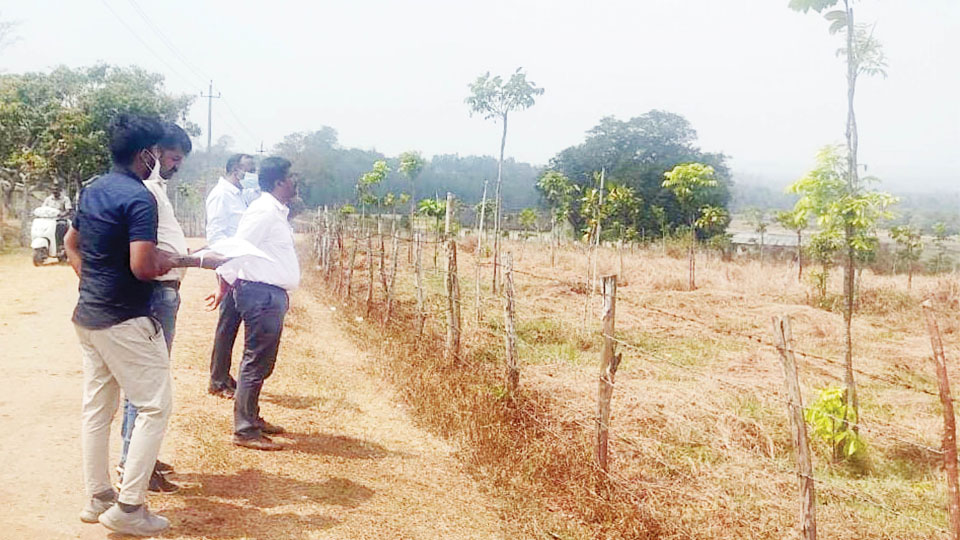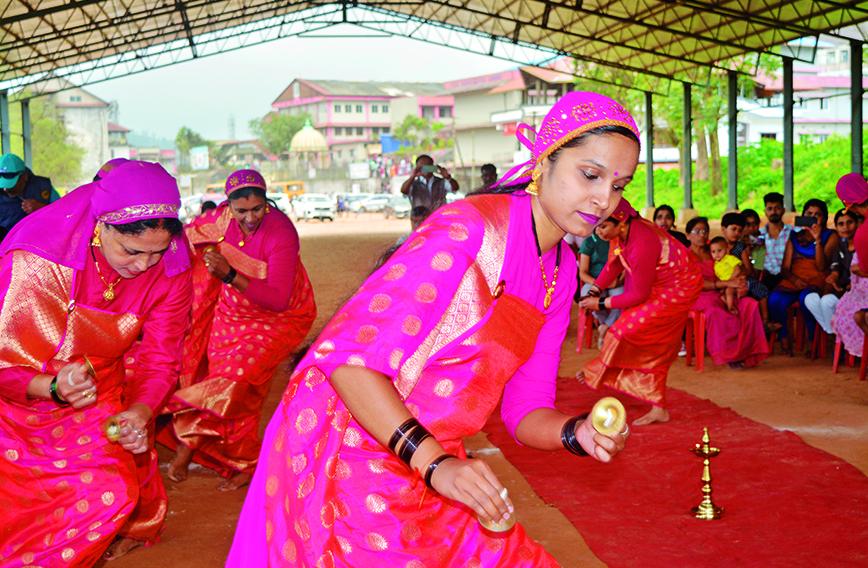
COME September and the Kodavas look forward to Keilpodh, or the festival of arms, a celebration peculiar to Kodagu. The festivities and fun mark the completion of the transplantation of crops and salutes the hard work behind it.
The Kodavas have always maintained an intimate relationship with their weapons. They have evolved their own unique lifestyle where customs and habits emphasize strong family ties and a sense of tradition. They are the only tribes that can own a gun without a licence. A gun plays an important role in the life of a Kodava. After the birth of a child, a single shot is fired into the air to share the news with their neighbours; at the time of death two shots are fired. During weddings they use a large Kodava knife to cut the banana stalk with a single strike. There was mostly forest land where they lived and hunting used to be their favourite pastime. This festival reflects both their martial and agrarian character.
On Keilpodh, guns, knives, swords, bows and arrows and hunting implements are cleaned, polished, smeared with sandalwood paste and kept in the special puja room. They decorate the weapons with flowers, pray and make offerings to the Kodava deities, the river deity, Kaveriamma, the chief preceptor, Mahaguru Iguthappa, and the supreme ancestor, Guru Karana, and seek the well-being of their crops and strength to protect them from wild animals. Hanging prayer lamps, called thookbolcha in the Kodava language, are lit and thokke poor flowers (Gloriosa superba) are placed on the nozzles of guns.
After lunch the male family members, dressed in their traditional kupiyas, gather in the puja room where the Yajmana or the principal male picks up a gun and offers it to the eldest man in the group, signifying the commencement of the festival. The men pay obeisance to the Yajmana, pick up their guns and proceed outside to partake in the contest. Coconuts are tied to the top of the highest tree in the compound and everyone takes turns at showing their prowess with guns, by attempting to split the coconut open with one shot. In days of yore, at the break of dawn on Keilpodh, the Kodavas would set out with loaded rifles to hunt wild boar.
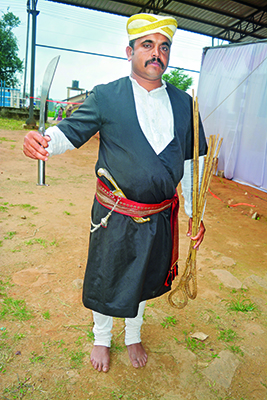
The Kodava men don the ceremonial attire which is one of the most distinctive in India. The men make a magnificent picture in their traditional kupiya chales. The kupiya is a long, half-sleeved cotton robe which reaches below the knee, worn with a long-sleeved white shirt underneath and secured around the waist with an elaborate maroon and gold sash known as chale. The peechekathi, a silver dagger inlaid with gold and silver with an ornate handle and sheathed in an ornamental scabbard, is tucked into the sash and fastened to the back by a delicate silver chain.
LIQUOR AND FOOD
Food and alcohol are an essential part of the festivities. It is the time for the Kodavas to feast after undergoing the hard labour of ploughing, sowing and transplanting of rice. Lunch is a veritable banquet. The Kodavas being non-vegetarian, preparations of pork, chicken and mutton predominate while homemade wine flows.
Kodagu is also famed for its ethnic cuisine, made from locally abundant ingredients such as coconut, mushrooms, bamboo shoot, banana and rice and seasoned with ginger, chilli, pepper, cardamom and the native kachumpuli (the distinctly-flavoured thick, local vinegar). The legendary pandi (pork) curry and kadambuttu (steamed rice dumplings) combo is a hot favourite. Many dishes reflect a combination of meat and wine. Rice is an integral part of the menu and rice noodles topped with a pungent curry is a very popular dish.
Vegetarians can try the local mushroom curry, redolent with the flavour of freshly picked wild mushrooms. There’s also a curry made with tender bamboo shoots that’s simply divine on its own or eaten with the local akki roti (rice rotis). We relished the other dishes like paaputt plain cake, and nooputt (string hoppers) noodles along with meat dishes like pandi curry, koli (chicken) and yerachi (meat) curries and also desserts like akki payasa (rice pudding).
In the evening, we witnessed the Ummathat dance which is the only female dance form of Kodagu. It was a treat to watch the graceful Kodava women in their colourful saris dance in a circling pattern to a lilting tune. The Coorg sari is worn with the pleats secured at the back like a fan and the end of the sari drawn under the left arm and fastened over the right with a pretty brooch or pin. The married women are identified by their vastra, a trailing georgette scarf covering their heads and tied at the nape of the neck, with the two ends draped elegantly over the shoulders.
Equally impressive was the bolak-aat which is performed by Kodava men to the resonant beat of drums. Earlier, the festivities involved gathering in the local mandh (open ground) where physical contests, and sports including marksmanship, and various folk dances were conducted. Currently, most of these gatherings and contests are held in the Kodava Samajam in various places.
source: http://www.civilsocietyonline.com / Civil Society / Home> Travel / by Susheela Nair / September 29th, 2023
